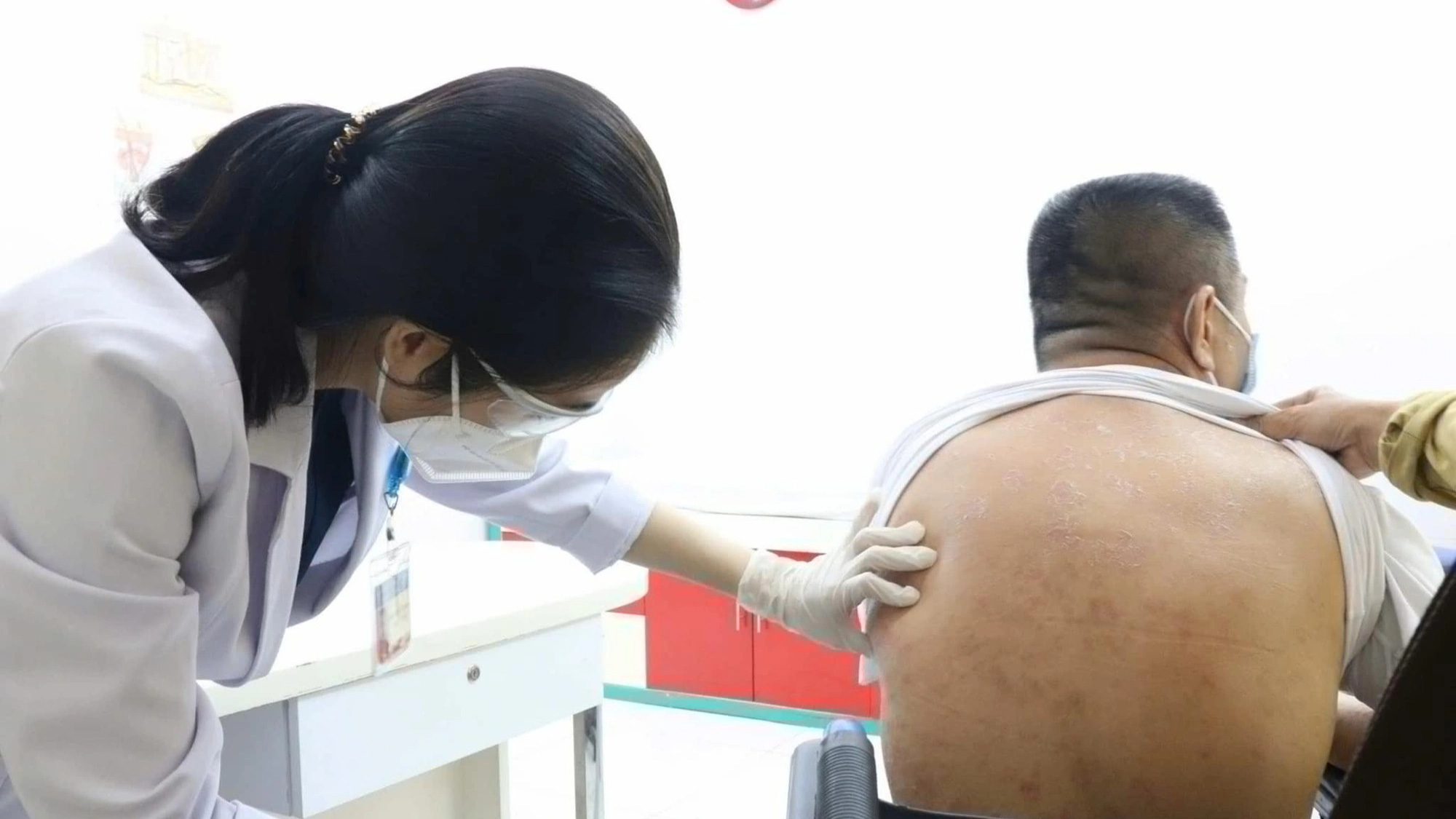
Doctors at Ho Chi Minh City Dermatology Hospital examine a patient with symptoms of itching all over the body - Photo: XUAN MAI
It is worth mentioning that they have itching without knowing the exact cause even though they have done many tests and taken medicine regularly every day for a long time...
Why suddenly itchy all the time, how to cure?
Itchy for almost half of my life, cause unknown
At the age of 44, Mr. TD (living in Ho Chi Minh City) has been suffering from itching for the past 21 years. In the early years of itching, Mr. D. went to many hospitals in Ho Chi Minh City for examination, was ordered to do many tests and all of them concluded that it was idiopathic allergic urticaria. Currently, Mr. D. has to take medicine regularly, one pill a day, to prevent the itching from recurring.
"The first few years of itching, I was also very confused. As the itching lasted, I found that even though I didn't come into contact with pollen or eat seafood, I still felt itchy. The itching was terrible, many parts of my body were red, even my scalp was itchy, I couldn't sleep, it greatly affected my quality of life. There were times when I suppressed the itching, didn't dare to scratch, but my skin was still red and the itching spread to many places," Mr. D. shared.
Like Mr. D., Ms. BN (30 years old) was luckier as the itch only lasted one day. However, during the time of itching, Ms. N. could not bear it and stayed up almost all night scratching. The scratched areas then swelled up in large and small patches, and some even peeled off because she scratched so hard.
"Because it was so itchy, I had to scratch really hard to "deal with" the itch in front of me. But the more I scratched, the itchier it got. Even taking a shower couldn't stop the itch. Not knowing the cause of the itch, the next day the itch disappeared on its own before I could go to the doctor," said Ms. N.
Speaking to Tuoi Tre, Dr. Nguyen Vu Hoang - Head of the Personnel Department of the Ho Chi Minh City Dermatology Hospital - said that many skin diseases can cause prolonged and recurring itching such as atopic dermatitis, allergic dermatitis, psoriasis, etc.
However, when a person has a sudden, recurring itch that usually disappears after a few minutes to a few hours (usually less than 24 hours), and the skin shows no unusual signs after the itch disappears, then this person has chronic urticaria.
Chronic urticaria is divided into two large groups: chronic urticaria with triggering factors and chronic idiopathic urticaria (meaning the cause of the urticaria is unknown despite many tests to find the cause). Of these two groups, chronic idiopathic urticaria is more common.
Need to rule out related diseases

Doctor Nguyen Tien Thanh examines a patient - Photo: BVCC
Doctor Nguyen Tien Thanh - member of the Vietnam Dermatology Association - said that itching is defined as an uncomfortable feeling of the skin that makes you want to scratch it. Itching symptoms can be caused by diseases, especially dermatological diseases such as chronic urticaria, atopic dermatitis; allergic contact dermatitis; parasitic infections, scabies; psoriasis; skin fungus; idiopathic itching, drug allergies...
Itching symptoms can also be caused by some systemic diseases such as cholestasis; kidney failure, endocrine and metabolic diseases (diabetes, hyperthyroidism, hypothyroidism); parasitic infections; anemia, iron deficiency, vitamin deficiency; diseases of the central nervous system, pregnancy...
"In addition, there are some people who have itching of unknown cause, also known as idiopathic itching. The rate of idiopathic itching of some dermatological diseases with no known cause has not been specifically recorded, but according to some reports, it is about 0.5 - 1% of the population. Itching symptoms belong to the group of allergic skin diseases, allergic constitution, so there is a genetic factor (heredity) affecting the disease," Dr. Thanh informed.
Regarding chronic urticaria, Dr. Hoang said that they can appear at any age, but are most common in people aged 25 - 55 and women are more likely to have it than men. The incidence of the disease varies greatly depending on different regions, ranging from 1 - 24% of the population having had chronic urticaria at some point in their lives.
This disease often requires long-term treatment, the longer the continuous treatment time, the higher the chance of recovery.
According to many studies, it is found that 50% of patients with chronic urticaria have had the disease for less than 2 years. However, there are also studies showing that up to 20% of patients have had the disease for more than 10 years.
Research has shown that the rate of spontaneous chronic urticaria accounts for up to 80% of patients with chronic urticaria. Although quite common and requiring prolonged treatment, spontaneous chronic urticaria responds very well to treatment with antihistamines.
How to reduce itching, is it harmful to take medicine continuously?
To reduce itching, Dr. Thanh recommends that patients can use topical medications, moisturizers, oral medications or other treatment options (laser, light, etc.). Depending on each specific situation, the dermatologist will choose the most appropriate option.
If common itching does not improve with cold compresses or other common over-the-counter creams, it is best to consult a specialist for advice.
"Many people mistakenly believe that bathing in hot water can relieve itching, especially itching all over the body. However, this is a harmful misconception. When the temperature increases (warm), it will increase the itching, and conversely, coolness can reduce these initial effects," Dr. Thanh noted.
For patients with chronic urticaria, Dr. Hoang recommends that patients need to take medication (usually antihistamines) continuously even if the body is no longer itchy until the disease is completely cured.
Many studies have shown that second-generation antihistamines are relatively safe.
Scratch to relieve the itch
Dr. Nguyen Tien Thanh said that itching is a natural protective reflex of the body along with other sensations (such as pain, touch, vibration, cold and heat) to help the skin and body fight against agents that are recognized as harmful.
The body's response to itching is usually to scratch to relieve the itch. However, actions such as scratching and squeezing irritate the skin, damage the surface, and increase the risk of infection and other accompanying infections (infections, fungi, viruses, etc.).
There are some common skin diseases such as psoriasis, prurigo, some lichen planus, warts... that have the phenomenon of forming new lesions right at the site of skin injury and making the condition worse.
Source: https://tuoitre.vn/bong-dung-bi-ngua-co-khi-chuc-nam-khong-khoi-lam-sao-20241021230042695.htm



![[Photo] Hanoi morning of October 1: Prolonged flooding, people wade to work](https://vphoto.vietnam.vn/thumb/1200x675/vietnam/resource/IMAGE/2025/10/1/189be28938e3493fa26b2938efa2059e)








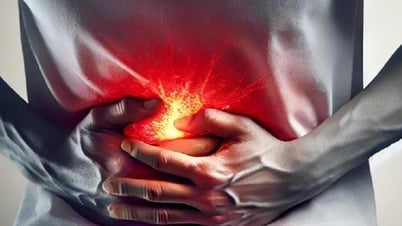

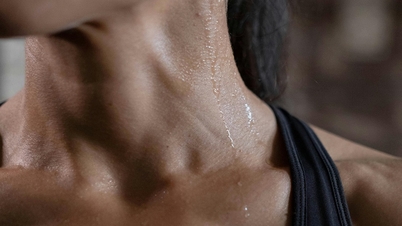
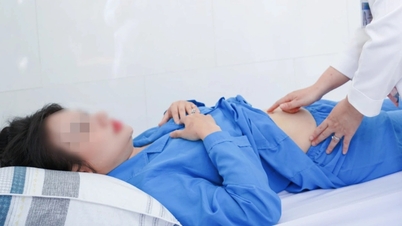





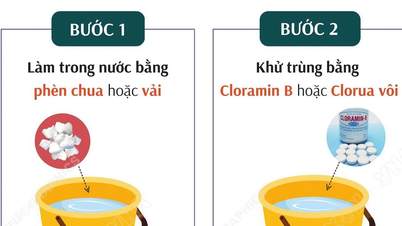












![[Photo] Panorama of the cable-stayed bridge, the final bottleneck of the Ben Luc-Long Thanh expressway](https://vphoto.vietnam.vn/thumb/1200x675/vietnam/resource/IMAGE/2025/9/30/391fdf21025541d6b2f092e49a17243f)






































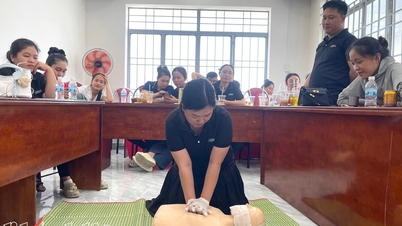

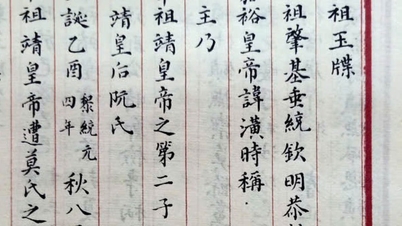

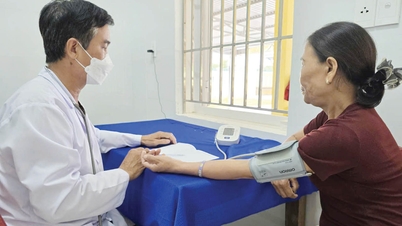














Comment (0)